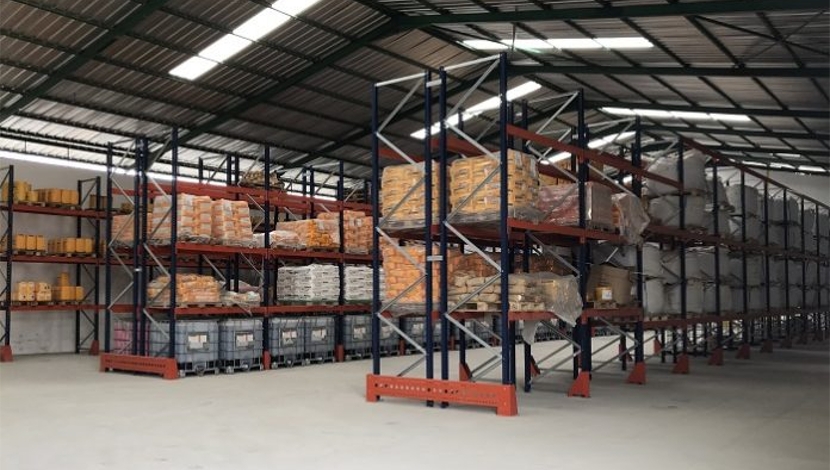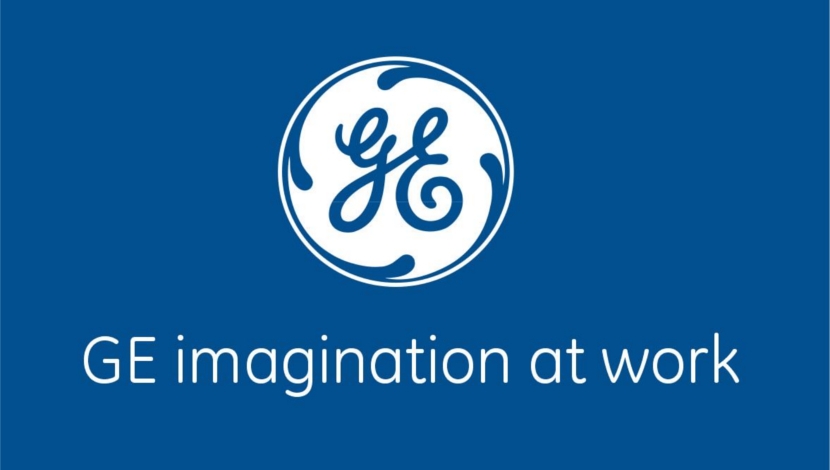
HeidelbergCement AG will shut about a quarter of plant capacity at its Tanzanian unit due to oversupply and lower prices partly caused by cheaper imports from China and Pakistan.
Tanzania Portland Cement Co. Ltd. will cap output at 1.4 million metric tons of cement this year, compared with capacity of 1.9 million tons, MD Alfonso Rodriguez said in Dar es Salaam. TPCC, 69% owned by Germany’s HeidelbergCement, plans to scale back expansion and may cut jobs if the situation persists, he said.
“With current oversupply our business is not viable in the medium term,” Rodriguez said. “We may be forced to restructure our human resources.” Imports from China and Pakistan to Tanzania total about 400,000 tons, over 10% of total demand, and are driving down prices as they aren’t subject to the same taxes and regulations as local producers.”
Cement companies are expanding in Africa as governments invest in infrastructure. Demand in Tanzania has grown by ±7% each year since 2011 to 3.3 million tons.
‘Unfair Competition’
The oversupply of 2 million tons includes South Africa’s AfriSam Group, which has 1.2 million tons of capacity at its local unit, Tanga Cement.
Nigeria-based Dangote Cement Plc, Africa’s biggest producer, is building a $500-million, 3 million tpa plant in Tanzania set to start production by the end of 2015.
“The price is under pressure due to unfair competition from imports,” Rodriguez said. Imports from China and Pakistan have reduced the retail price of cement to an average of 12,000 Tanzanian shillings ($6.05) per 50-kilogram (110 pounds) bag from 15,000 Tanzanian shillings in 2013.
Investor Concerns
“The government is addressing investor concerns by creating a friendly investors’ environment, ensuring quick ROI,” Trade Minister Abdallah Kigoda said on April 28.
Exporting cement from Tanzania isn’t feasible as poor roads and railways to neighbouring Rwanda and Burundi would make transportation costs too high, Rodriguez said. HeidelbergCement’s other African markets include Ghana, Liberia, Burkina Faso and the DRC.
“Banning of imports would be the reaction we expect from the government,” Tanga Cement spokesman Mtanga Noor said in an e-mail. “A stricter policy is required where all imports are taxed equally to locally produced cement.”
TPCC profit gained 45% to 54.5 billion Tanzanian shillings last year, while Tanga’s profit fell 12% to 28.4 billion shillings.
“I have 500,000 tons idle capacity because I can’t sell on the market,” Rodriguez said. “We are not afraid of competition but if Dangote enters the market there will be a struggle.”





